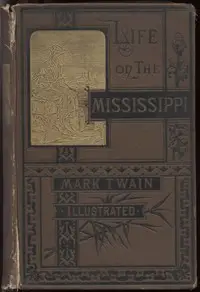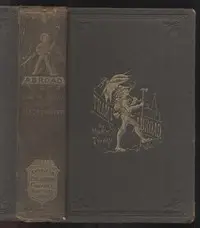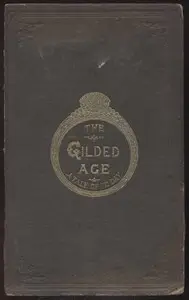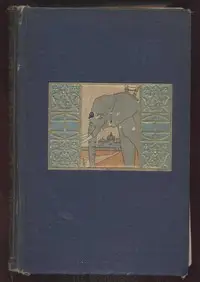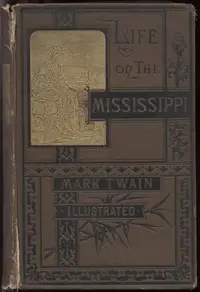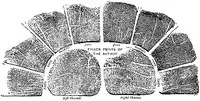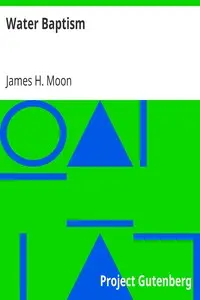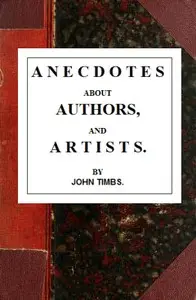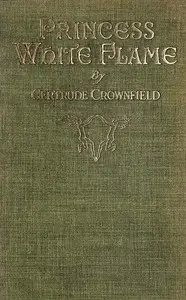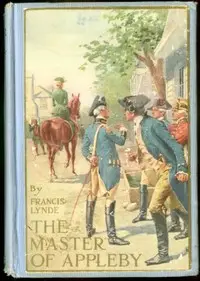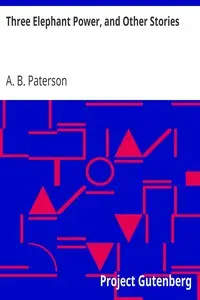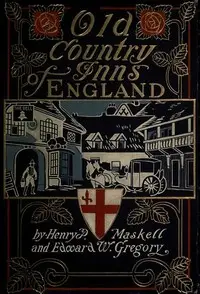"Editorial Wild Oats" by Mark Twain is a collection of humorous essays and sketches penned in the late 19th century. This work offers a comedic exploration of Twain's whimsical experiences in the field of journalism, touching upon themes of satire, early press history, and the absurdities of human nature. Through a series of anecdotes and whimsical commentary, Twain presents an entertaining portrayal of the challenges and humorous missteps of writing for various publications. In the book, the author recounts a variety of his own experiences as a young journalist and editor. He starts with his first encounter in a small-town newspaper, showcasing his youthful naiveté and the ensuing chaos following his satirical jabs at local figures. Subsequent essays narrate his time in Tennessee, where the riotous nature of local journalism leads to wild antics and dangerous encounters, often involving altercations with irate citizens. Twain's essay "How I Edited an Agricultural Paper" humorously illustrates the disconnect between writer and subject, as he hilariously misinterprets what constitutes agricultural writing, while "The Killing of Julius Cæsar 'Localized'" is a satirical retelling of history as a sensational news event. Overall, the book serves as both an entertaining read and a sharp critique of the world of journalism during Twain's time. (This is an automatically generated summary.)
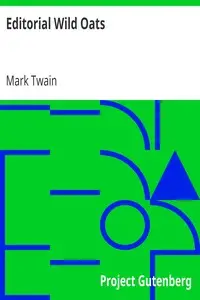
Editorial Wild Oats
By Mark Twain
"Editorial Wild Oats" by Mark Twain is a collection of humorous essays and sketches penned in the late 19th century. This work offers a comedic explor...
Samuel Langhorne Clemens, known by the pen name Mark Twain, was an American writer, humorist, and essayist. He was praised as the "greatest humorist the United States has produced," with William Faulkner calling him "the father of American literature." Twain's novels include The Adventures of Tom Sawyer (1876) and its sequel, Adventures of Huckleberry Finn (1884), with the latter often called the "Great American Novel." He also wrote A Connecticut Yankee in King Arthur's Court (1889) and Pudd'nhead Wilson (1894) and cowrote The Gilded Age: A Tale of Today (1873) with Charles Dudley Warner.

